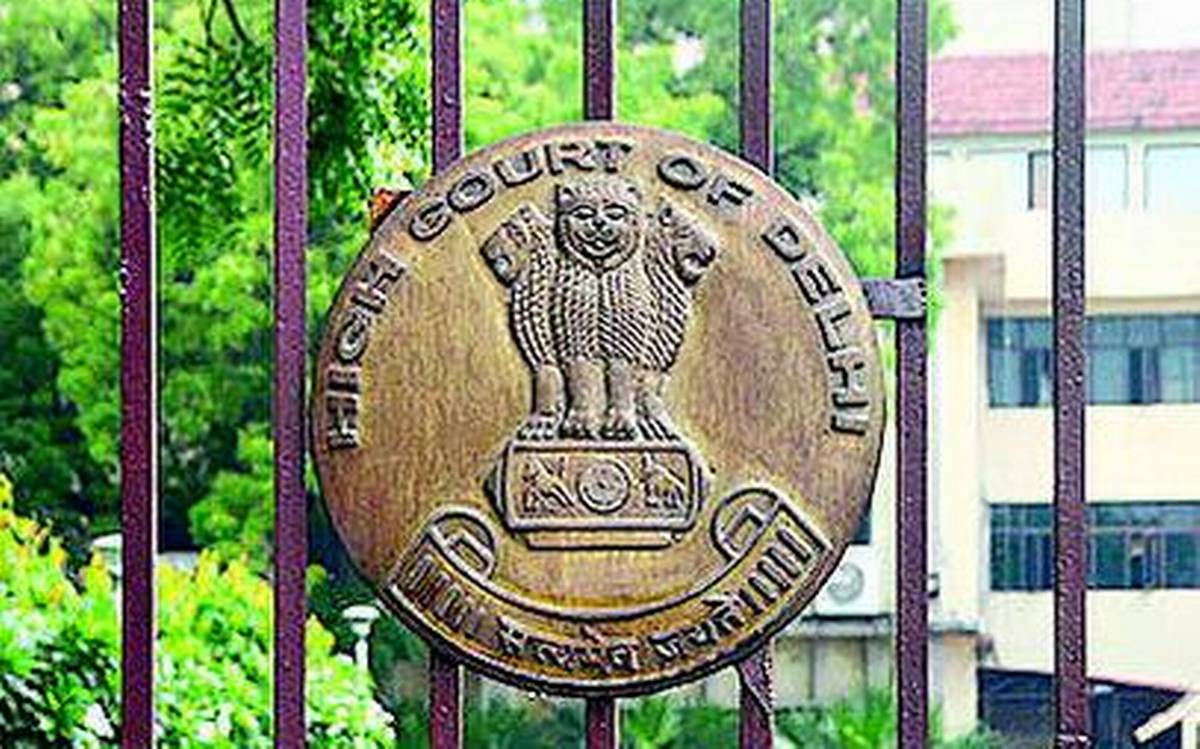


The Delhi High Court recently dismissed a petition filed by ArcelorMittal India challenging the refusal to grant a mining lease in its favour to commence iron ore and manganese ore mining in Saranda forest (500 acres in Karampada reserve forest) in Jharkhand's West Singhbhum [ArcelorMittal India v. Union of India].A bench of Acting Chief Justice Manmohan and Justice Mini Pushkarna concluded that ArcelorMittal India could not claim any right to mine merely on account of a Letter of Intent issued its favour in 2008, when it was not granted mandatory environmental and forest clearances within time.In its February 29 judgment, the Court added that no right would accrue to the steel giant, only on account of alleged delays by the Central government and the Jharkhand government in processing forest or environment clearance applications.ArcelorMittal India is the Indian arm of a Luxemborg-based multinational company which is primarily engaged in steel manufacture.Notably, the Court was called to examine a 2015 amendment to the Mines and Minerals (Development and Regulation) Act (MMDR Act) and its effect on ArcelorMittal’s case.The 2015 amendment to the MMDR Act had shifted the scheme of granting mining licenses from a “first-come-first-serve” system to a competitive auction system.However, Section 10A (2)(c) of the 2015 Amendment Act gave some leeway to entities that had applied under the old system (first come, first serve).As per this provision, mining leases applied under the old system could be executed if the applicant-entity complied with conditions such as obtaining forest clearances and environment clearances within two years from the commencement of the 2015 Amendment Act, that is, by January 11, 2017.Arcelor Mittal was one such entity, which applied for a mining lease (in 2007) and was granted a Letter of Intent (in 2008) before the 2015 Amendment Act. However, the Court found that it was not granted a forest or environment clearance by the cut-off date of January 11, 2017.ArcelorMittal India attributed this to the delay on the part of the Central and Jharkhand governments in processing its applications for clearances.The Court, however, found that the government could not have processed ArcelorMittal’s application earlier because of a pending environmental study being conducted in the Saranda forest pursuant to the recommendations by the Justice MB Shah Commission of Enquiry for illegal mining (constituted in 2010).The said committee had also recommended that nineteen proposed mining leases (which included ArcelorMittal India’s case) should not be granted as the area over which the mining was proposed, should remain “inviolate” and not be diverted for non-forest use.Following the committee’s report, a study was initiated in the Saranda forest to assess its carrying capacity and suggest limits on mining of ores.
Until this study was completed and a sustainable mining plan was formulated, the Union Ministry of Environment, Forests and Climate Change (MoEFCC) decided not to accept any new proposals for the grant of forest clearance.
In other words, during this period, the area sought to be mined by ArcelorMittal India was not available for mining. The sustainable mining plan was only finalised in 2018. By then, the cut-off date for ArcelorMittal to get its clearances had expired, the Court found.
“The Carrying Capacity Study was completed in August, 2016 and the Sustainable Mining Plan was finalised in June, 2018. Therefore, it is only after the entire exercise was completed that the mining zones were identified. Therefore, it cannot be claimed by the petitioner that the area in question was available for mining prior thereto,” the Court explained.
In view of this, the Court found no error in the MoEFCC’s rejection of ArcelorMittal’s application for a forest clearance.
It accepted the Central government’s argument that it was not a case where ArcelorMittal was unable to get forest and environmental clearances within time, but a case where it lacked the “eligibility” for the same.
The Court added that the grant of a forest clearance in May 2022 to ArcelorMittal would also not help its case, since this was after the cut-off date of January 11, 2017 for availing exemptions to the auction system of granting mining leases under the 2015 amendment.
“When the regime for grant of mining lease has changed from first-cum-first-serve basis to that of auction, this Court would be failing in its duty to uphold the public trust by directing grant of mining lease in favour of the petitioner. Admittedly, the petitioner did not fulfil the requisite condition for grant of mining lease within the stipulated time as provided in the MMDR Act. The earlier application of the petitioner having been submitted not on the basis of any open transparent process where the petitioner can be said to have succeeded by way of open competition, no vested right has been created in favour of the petitioner. Therefore, the petitioner cannot claim any right in its favour for grant of mining lease in its favour,” the Court concluded.
Senior Advocates Dr. Abhishek Singhvi, Krishnan Venugopal, and Jayant Sud led the arguments for ArcelorMittal India.
Central Government Standing Counsel Kirtiman Singh appeared for the Union of India.
TAGS: Delhi High Court ArcelorMittal India mining lease Saranda forest Jharkhand refusal petition environmental clearance